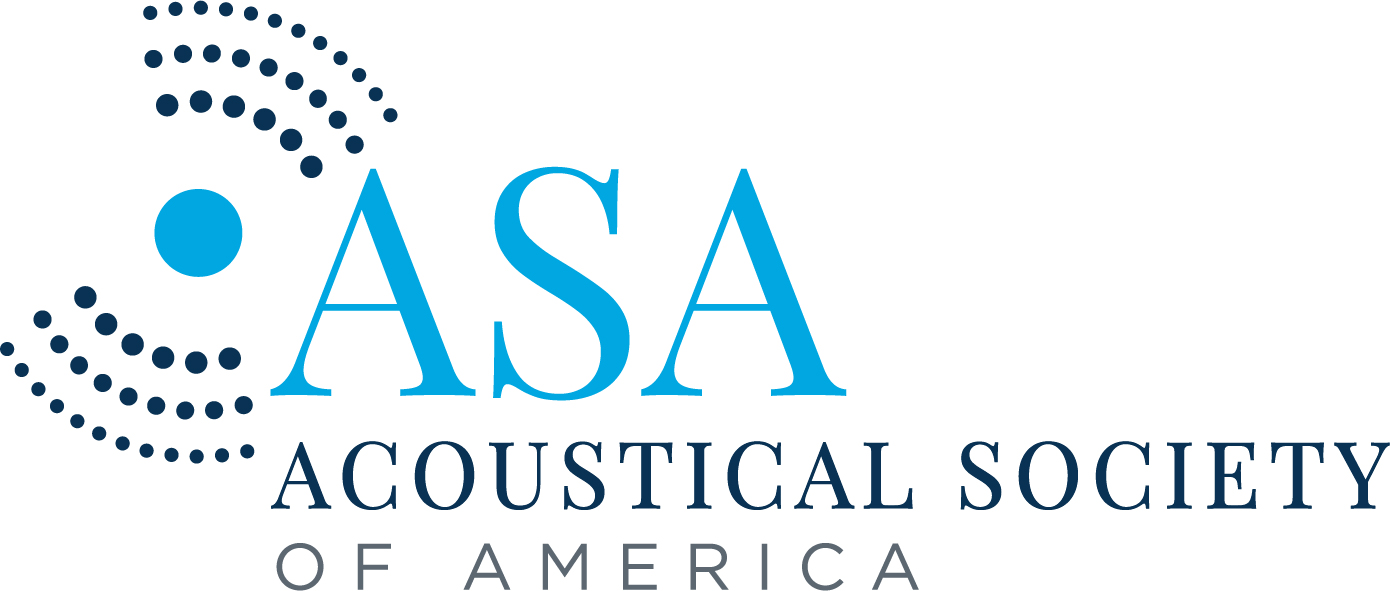Helen Wall Murray
POMA Manuscript Manager
Proceedings of Meetings on Acoustics (POMA) is a benefit to all ASA Meeting attendees, not just because it offers a rapid publication path for articles based on presentations and posters, but because it serves as the collective record for preliminary investigations, initial findings, case studies, hot topics and timely research, as well as the ongoing global conversation shared by ASA members and the wider acoustics community at the time of a conference. Each Volume of POMA provides a snapshot of an ASA meeting past and present.

But, even the most ambitious of attendees may not have been able to share and absorb all of the information that they intended to express or capture during the 5-day meeting. POMA, by design, provides the ideal solution. Turn your talk or poster into a written article. Create a record of your research for all to read and revisit.
Currently POMA is receiving papers from the 184th Meeting as well as papers from all past ASA Meetings. The submission portal is simple and quick and formatting instructions and templates are available in both Word and LaTeX. In principle, any article based on an oral presentation or poster delivered at any ASA meeting is eligible for publication in POMA. Manuscripts are reviewed from the standpoints of clarity and correctness by an outstanding team of Associate Editors and are published online shortly after being accepted. You can learn more about the components of a good POMA article from our POMA Editor and Associate Editors.
Good News for ASA Students!
POMA is holding its 3rd society-wide Student Paper Competition for a POMA submission based on a presentation or poster from the Chicago meeting.
Up to five student papers will receive an award of USD $300. Additionally, the student paper winners will be noted on the POMA cover page and their articles will be promoted in email and social media campaigns.
Qualifications:
To qualify for the award, an author must:
- be enrolled as a student at least half-time (graduates are eligible if the presented work was performed as a student within one year of the meeting). Note that the student author does not need to be a member of the ASA to qualify.
- be listed as the first author on the submitted abstract and POMA manuscript and present the paper at the meeting.
- submit the POMA manuscript by the competition deadline, which is 30 days after the conclusion of the meeting. For this meeting, manuscripts must be submitted on or before 11 June 2023.
To enter: Indicate your paper is part of the POMA Student Paper Competition by selecting this option during the POMA submission process.
Selection: The papers will be rated by the POMA Associate Editor corresponding the technical area in which the paper was presented. The top related papers will be evaluated by the POMA Editor, POMA Assistant Editor, and POMA Manuscript Manager and up to five winning papers will be selected.
Additional Instructions
- To ensure the article passes the initial quality check, please follow all manuscript preparation and submission instructions. See also the submission checklist.
- The competition deadline is 11:59 pm Eastern Standard Time, 11 June 2023. Any manuscripts received after this will be considered for publication in POMA but will be ineligible for the competition.
- Regardless of the competition outcome, the opportunity to publish an editor-reviewed proceedings paper will enhance your CV/resume and help you take an important intermediate step toward a peer-reviewed publication.
To hear interviews with the winners of the past two POMA Student Paper Competitions visit Across Acoustics, the official Podcast of the ASA.
As always, we look forward to receiving your POMA submissions and thank you for your past contributions!

0 Comments